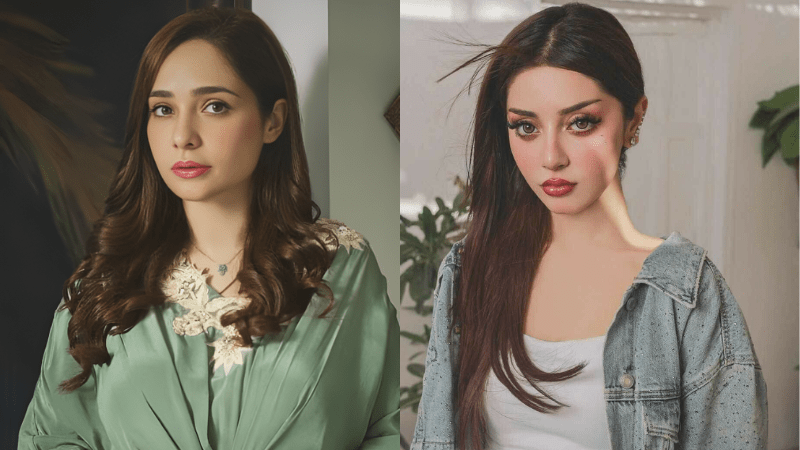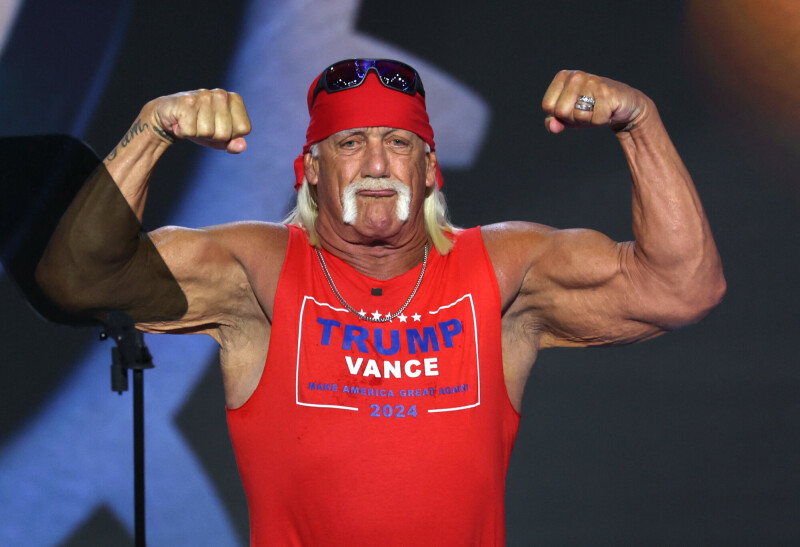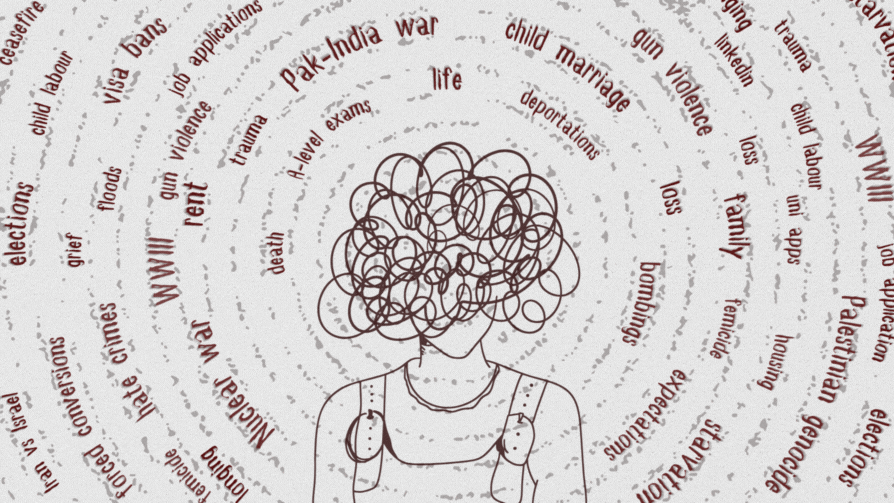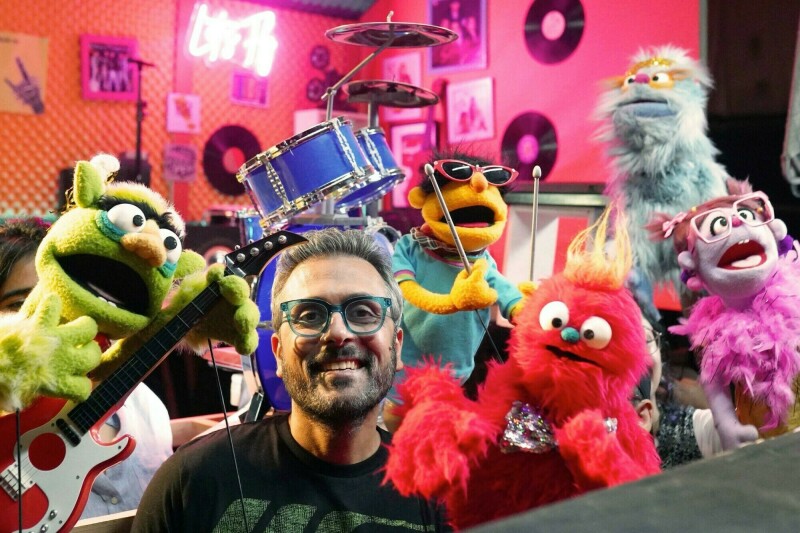Shaan Shahid has something to say about actors and depression, but he didn't get it right
A week ago, Mohsin Abbas Haider spoke up about going through depression and his fellows from the industry immediately reached out for support.
The Pakistani entertainment industry has not shied away from opening up about mental health issues and this incident reopened the conversation with celebs like Ali Gul Pir and Fia Khan speaking about their own hurdles with depression when urging Mohsin Abbas Haider to seek professional help.
Shaan Shahid recently shared his own opinions on the matter. However, his words were not specifically for Haider but rather the industry as a whole and its vulnerability to mental health issues.

Titling his thoughts, "Walking the thin line," Shaan went on to talk about the difficulties an actor faces due to the internalisation of a character's emotions when portraying them for the screen.
"For an actor/artist depression is a tool to achieve the state or the emotion to capture the essence of an expression. For example Van Gogh's pain can be seen on canvas... or for an actor who is living in a different character, for his eyes to look sad the artist has to feed depression to his mind so he /she can achieve the right expression.
From the post it seems like Shaan is speaking about inattentive method acting, where an actor, without much awareness about their psyche, tries to completely immerse themselves within their character by living as them behind the camera as well. Without proper care that can never be an easy thing to handle.
However, things took a turn for the worst when Shaan continued on and spoke of depression as an 'addiction' and a 'choice': "Unfortunately, actors and artists tend to cross the line and get addicted to, it the depression the pain. To stay with another character in your body is like fighting addiction. But there is a way out of this black hole."
Perhaps this is indeed directed towards Mohsin Abbas Haider, who played the terrifying criminal in Meri Gurya. To have to justify such acts to yourself in order to bring out the authenticity of a character can definitely be excruciating.
But what Shaan would do well to remember is that those suffering from mental health problems do not 'choose' to "cross the line" and remain in pain. To characterise mental illness as a choice and not a disease can adversely affect a person's healing process and actually prevent them from seeking help.
We're hoping that Shaan's post is more than a comment on the oblivious assumption that the entertainment industry is all about the glamour, because more and more are becoming aware about this. To know that such mental health problems are prevalent in the industry should mean the step is to make sure adequate support is present and mandated.










Comments